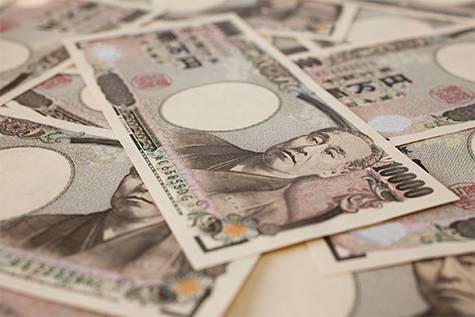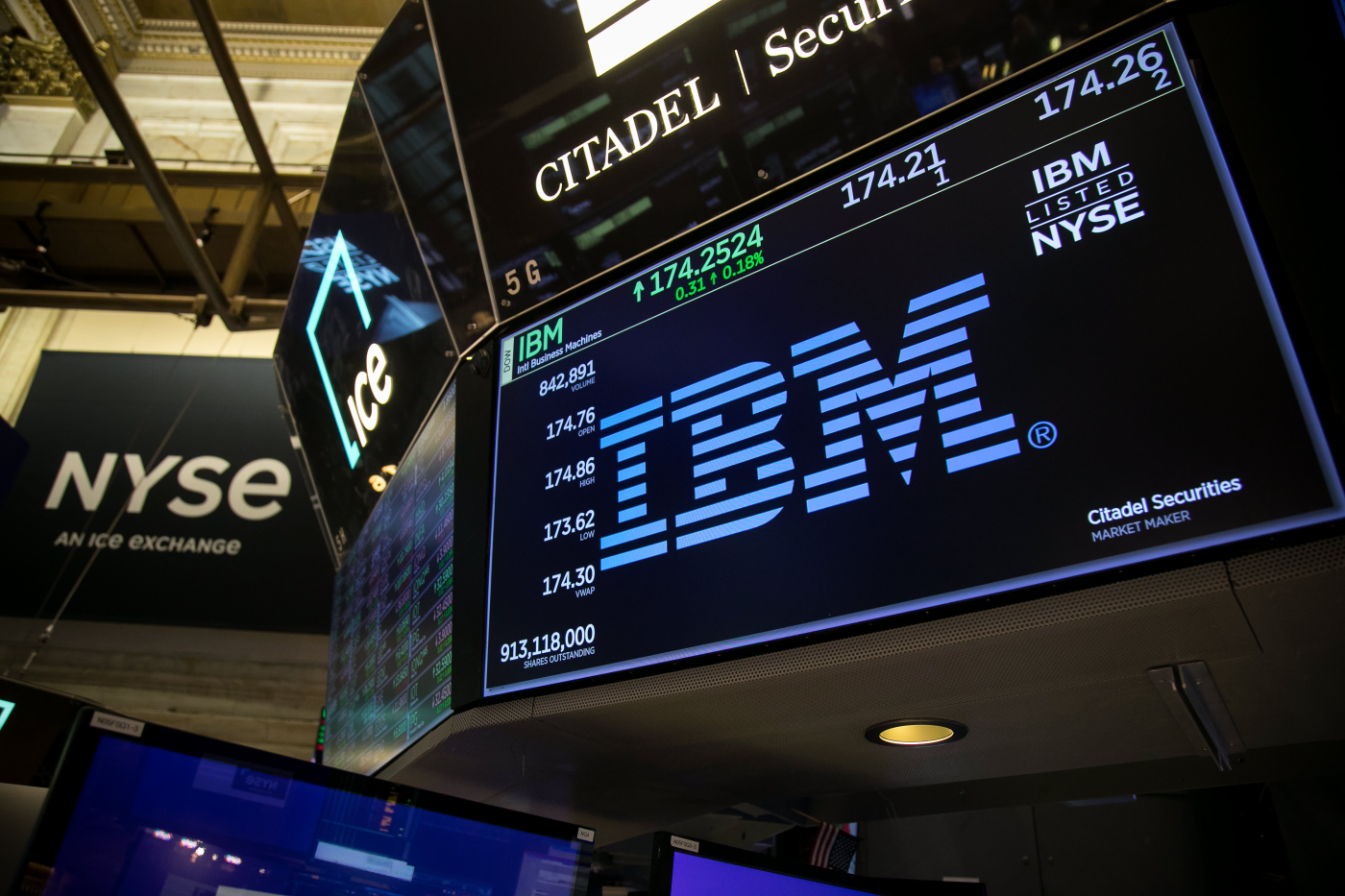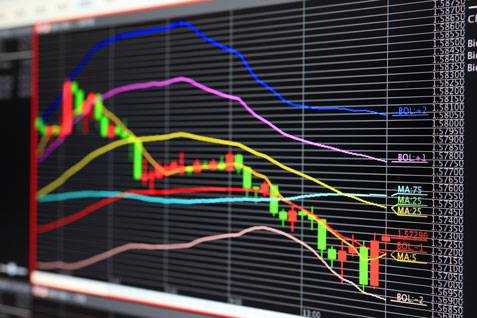Wheat Closes Higher Amid Delayed Rainfall in France and Germany
Wheat prices showed mixed performance during Wednesday's trading session on the Chicago Board of Trade before turning higher by the session's close, as market participants monitored weather conditions in key wheat-producing countries.
Analysts are keeping a close eye on the late winter wheat harvest and the potential pressure on spring wheat in the Plains of the United States and Canada. Discussions are also ongoing regarding the spring wheat crop in the United States this week, with early yields surpassing those of the previous year.
Trade is also watching conditions in the Black Sea region and Europe, including delayed rainfall in parts of France and Germany, which is affecting crop quality. The Argentine government reported that wheat exports in June totaled 292,000 tons, the lowest for the year so far, though the pace remains ahead of last year's. The European Commission noted that since the start of the marketing year on July 1, the bloc's soft wheat exports reached 1.44 million tons, compared to 2.21 million at this time last year, but this does not fully include data from France, which could alter the figures.
Corn
At the close of the session, December corn futures rose by 0.1% to $4.18 per bushel.
Soybeans
November soybean futures fell by 1.1% to $10.64 per bushel.
Wheat
September wheat futures climbed by 0.9% to close at $5.47 per bushel.
Yen Gains as Global Tech Stocks Fall, Safe-Haven Demand Rises
The Japanese yen rose broadly during Asian market trading on Thursday against a basket of global currencies, extending its strong gains for the fourth consecutive day against the US dollar, reaching its highest level in two and a half months. This rise is driven by the acceleration of unwinding "carry trade" positions ahead of the Bank of Japan meeting and the full pricing of expectations for a US interest rate cut in September.
These gains are also supported by the increasing demand for the yen as a safe-haven asset amid a sharp decline in global tech stocks.
Amid a sense of relief over the sharp recovery in the local currency, Japanese government officials have refrained from commenting on the current movements of the yen in the foreign exchange market.
Price Overview
- Yen Exchange Rate Today: The dollar fell against the yen by 1.05% to (¥152.23), the lowest since May 3, from the opening price of (¥153.85), and recorded the highest level at (¥153.97).
- The yen rose by 1.1% against the US dollar on Wednesday, marking the third consecutive daily gain and the biggest daily gain since July 17, amid accelerating covering of large short positions.
What is Carry Trade?
Carry trade is one of the best and most important strategies relied upon by many experts and traders in the world of trading. It is a way to build long-term trading positions to benefit from the interest rate differentials between currencies in the forex market.
Carry trade transactions in the forex market involve selling a low-yield currency and buying a high-yield currency while financing the trading position on a daily, weekly, or any other period chosen by the trader, allowing them to benefit from the interest rate differential.
The low-yield currency is called the "funding currency," and the high-yield currency is the "carry currency." In the USD/JPY pair, the carry currency is the US dollar, and the funding currency is the Japanese yen.
Traders borrow yen (low-yield) via forward points daily or weekly or any other period chosen by the trader, then lend the US dollar (high-yield) via forward points.
If we assume that the returns of the low-yield currency will continue to decline or the returns of the high-yield currency will continue to rise, then financing this trade on a daily basis is an easy way to make profits.
Unwinding Carry Trade Positions
Currently, the unwinding of long-term carry trade positions on the Japanese yen is accelerating due to strong speculation around the Bank of Japan's monetary policy meeting scheduled for next week.
Sources told Reuters that the Bank of Japan is likely to discuss whether to raise interest rates and unveil a plan to halve bond purchases over the coming years, indicating its intention to gradually withdraw from its massive monetary stimulus.
In contrast, weak economic data on industrial activity in the United States during July raised the probability of the Federal Reserve cutting US interest rates by 25 basis points in September from 94% to 100% and in November from 98% to 100%.
Thus, the Bank of Japan is about to take new steps towards normalizing monetary policy for the world's third-largest economy, while the Federal Reserve is nearing easing monetary policy and starting a cycle of US interest rate cuts.
Safe-Haven Demand
Strong gains in the Japanese yen are currently supported by the purchase of the currency as a safe haven amid the sharp decline in tech stocks globally.
Japanese Authorities
Japanese Finance Minister Shunichi Suzuki and top currency diplomat Masato Kanda refrained from commenting on foreign exchange rates on Wednesday as the yen rose broadly against a basket of global currencies.
When asked about the recent sharp rise in the yen, Suzuki said he would refrain from commenting, noting that doing so "could have unexpected effects on the market."
Kanda, Deputy Minister of Finance for International Affairs, echoed Suzuki's remarks about unexpected effects when asked if the speculative moves previously blamed for the yen's weakness had subsided.
Kanda said that foreign exchange was not on the agenda of the G7 meeting on Wednesday but added, "As the G7, we discuss the issue routinely."
Sources familiar with the matter said Japan would seek to reaffirm at the G20 meeting the previously agreed commitments that exchange rates should reflect underlying economic fundamentals.
Some politicians have called on the Bank of Japan to provide more clarity on its plan to raise interest rates partially to prevent the yen from testing new lows against the dollar, adding pressure on the central bank.
While a weak yen boosts exports, it has become a concern for policymakers by raising import costs and hurting consumption.
Yen Performance Outlook
- Tony Sycamore, market analyst at IG, said: "The threat of reducing Japanese government bond purchases and raising interest rates certainly raises the concern we've seen there in different yen pairs, especially the USD/JPY pair."
- Sycamore added: "The yen is also helped by deteriorating risk appetite. I think it's just a perfect storm at this time."
- Sycamore explained: "There is a dismantling of yen carry trades and a sharp decline in tech trade across most global markets."
Kamala Harris is the likely Democratic candidate for the upcoming November elections in the US, with a career as a public prosecutor and a vice president that could prove daunting for the oil industry.
Her career is packed with lawsuits against oil companies, including Chevron, alleging the mishandling of dangerous materials, with another lawsuit against the Plains All-American pipeline in 2015 due to an oil leak.
It’s interesting that Harris claimed another lawsuit against Exxon, which seems to be false according to Inside Climate News, however it does seem obvious that she would be harsher on the industry compared to Joe Bide.
In the early 2000s, when Harris was a lawyer in the San Francisco area, she founded an environmental justice unit to deal with crimes such as dangerous refuse and others.
Harris said in a 2005 newspaper quote that crimes against the environment are crimes against societies, and especially the marginalized.
As the previous public prosecutor of California, and an ex-senator, she was a staunch supporter of the new green deal that pushed California towards a green future, although it did cost a great deal of money.
Gared Hoffman, a California Democratic Representative said in a Bloomberg interview that Harris will prove a leader to take the fossil fuel industry into strict account and monitor their excesses.
However, Harris might struggle with energy-heavy states such as Pennsylvania due to her harsh views on the industry.
Analysts note that she has multiple options, such as focusing on her base at the risk of losing swing states such as Pennsylvania, or tone down her rhetoric as she did in the 2020 elections with Biden to gain voters in such critical oil and gas rich states.
In all cases, a Harris presidency will no doubt exact a heavy toll on the oil and gas industry in favor of wider investments into renewable sources.
Bank of Canada voted to cut interest rates by 25 basis points as expected to 4.50% from 4.75%, matching expectations.
Disclaimer: The copyright of this article belongs to the original author. Reposting this article is solely for the purpose of information dissemination and does not constitute any investment advice. If there is any infringement, please contact us immediately. We will make corrections or deletions as necessary. Thank you.







